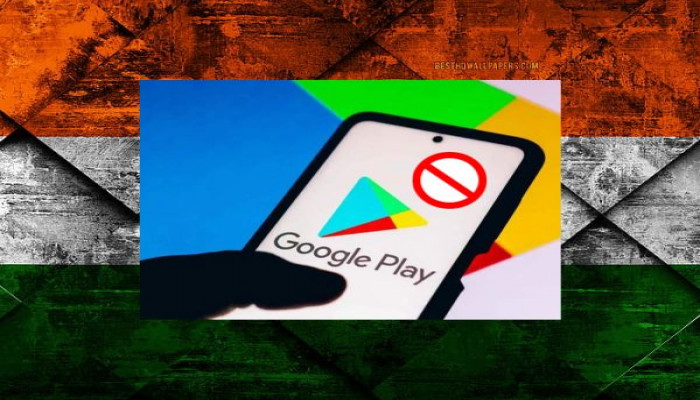India to block 119 apps, mostly from China and Hong Kong, under IT Act
- In Reports
- 06:31 PM, Feb 20, 2025
- Myind Staff
The Indian government is set to block 119 mobile applications, primarily video and voice chat platforms linked to developers from China and Hong Kong. The directive has been issued under Section 69A of the Information Technology Act, which empowers the government to restrict public access to digital content in the interest of national security, sovereignty or public order.
As of February 20, only 15 of the 119 targeted apps have been blocked, while the rest remain available for download. Alongside Chinese and Hong Kong-based developers, some of the affected apps are from Singapore, the United States, the United Kingdom and Australia, suggesting a broader regulatory crackdown beyond Chinese platforms.
The blocking orders were disclosed by Google through the Lumen Database, a Harvard University-operated site that tracks government and legal content removal requests. However, the listing was later removed from Lumen. Google has not clarified whether the delay in enforcing the ban on the remaining apps is due to technical or procedural reasons.
A government official, when approached for comment, declined to share details, stating that orders passed under Section 69A are confidential. Moneycontrol, which first reported the issue, has reached out to 101 affected apps, as well as the IT Ministry and Google, for further comments.
Several app developers affected by the blocking order have expressed concerns over the lack of communication from Indian authorities regarding the specific reasons for the ban. They were informed about the blocking orders by Google but have received no further explanation from government agencies.
Statements from Affected Developers
1. ChillChat (Mangostar Team, Singapore)
ChillChat, an app developed by Singapore-based Mangostar Team, has over 1 million downloads on Google Play and a 4.1-star rating.
A spokesperson for Mangostar Team stated, "A blocking order would have a significant impact not only on us as developers but also on our users in India. Our platform provides video chat and gaming experiences, which are integral to many of our users’ daily interactions. A disruption in service would affect the experience of users who rely on the app for communication and entertainment. This could result in a loss of trust in our service, which we have worked hard to establish in the Indian market."
The company further added, "We are currently seeking clarification on the specific concerns raised by MeitY and are committed to resolving any compliance issues promptly. We are working closely with our legal team and other relevant parties to ensure that we comply with all necessary regulations while maintaining our service for users."
2. Blom (ChangApp, China)
Blom, the developer of China-based ChangApp, was also served a blocking order. In an email response originally sent in Chinese, Blom stated, "This change could have a huge impact on our business, not only hindering new user growth, but also seriously impacting the user experience of existing users. In the long run, it could cause incalculable damage to our team and our years of accumulation."
The company further added, "At present, we are still looking for suitable solutions, and hope to get your (sic) support and help, so that we can find feasible response measures as soon as possible."
3. HoneyCam (Shellin PTY Ltd, Australia)
A spokesperson for HoneyCam, an app operated by Australia-based Shellin PTY Ltd, also responded to the blocking order, saying "India is an important market for HoneyCam and we attach great importance to its user base. We are well aware of the potential and opportunities of the Indian market and the importance of complying with local laws and regulations. Therefore, we are willing to cooperate with the Indian government on any matters related to the audit to ensure that our app meets the compliance requirements in India."
The company highlighted its commitment to content regulation, stating, "We have content review mechanisms, including automated content filtering, manual review, and oversight to ensure that content complies with laws."
While it remains unclear if national security concerns were the primary reason for the ban, the inclusion of apps from beyond China and Hong Kong suggests a wider regulatory scrutiny of digital platforms operating in India.
With only 15 of the 119 apps currently blocked, it is uncertain when and how the remaining applications will be removed. Google’s disclosure did not provide a specific timeline for enforcement. The situation continues to evolve as affected developers seek clarity and compliance solutions.







Comments